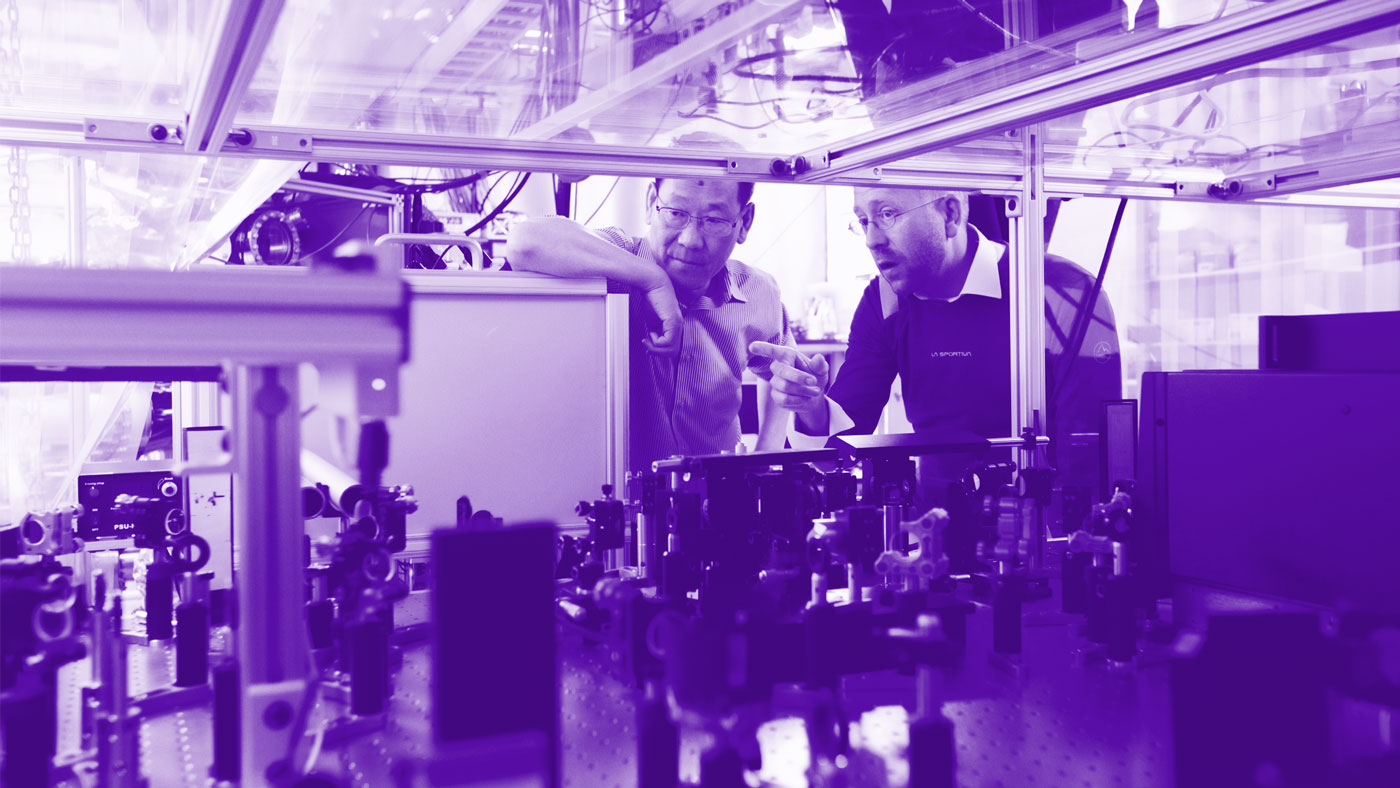Case Histories
Production Optimization, chemical

Tasks
Data analysis
Optimization
Industry
Manufacturing
Chemical
Technologies
Math optimization
Op.pla
Request
Optimize the grouping of orders to maximize the use of reactors, considering all constraints present, i.e. the finite capacity of the reactors, their availability, decontamination times between one job and the next, the human resources that are needed to load and unload materials, and the availability of raw materials in the warehouse.

Starting point
The client was using a management system that generated production orders based on the materials available in the warehouse, assuming that the factory’s production capacity was infinite.
Nearly 500 sales orders are managed at any given time, which translates to about 2,500 manufacturing orders for semifinished products.
The production cycles are quite short, one or two phases for each semi-finished product, but the sub-orders are closely linked to each other to create the final products, a characteristic that makes mathematical modelling of this type of manufacturing system incredibly complex.
Solution implemented
The system we developed recreates the chain of orders needed to make the finished product and schedules them on different machines, also taking into account additional orders for the creation of semi-finished products to keep in stock (a strategy aimed at optimizing the capacity of the machines). In addition, it schedules the purchase orders for raw materials in a way that keeps the warehouse constantly stocked.
The logic managed by the limited-capacity mathematical optimizer is set to manufacture compatible products on the same machine, minimizing decontamination sessions (in terms of time and human resources) while respecting the sequence necessary to make the final product.

Results
By creating a better manufacturing schedule, the company is now more productive, minimizing decontamination downtimes between one process and another, and more effectively managing the time of the few operators trained in working with the reactors.
In addition, a semi-finished materials warehouse that can be tapped into when fulfilling new orders has been created and maintained.


Current developments
An in-house R&D project is currently in progress, aimed at the implementation of an artificial intelligence system as an alternative to classic optimization. The method being tested is based on multiagent deep reinforcement learning (MDRL), which, while keeping the delivery date constant, makes it possible to look ahead, seeking local optimums as solutions that improve the current planning methods in relation to different scenarios.
This would make it possible to optimize unplanned event management, reducing the time it takes to calculate solutions and reacting in a data-driven way to the sudden changes that may occur during production.
